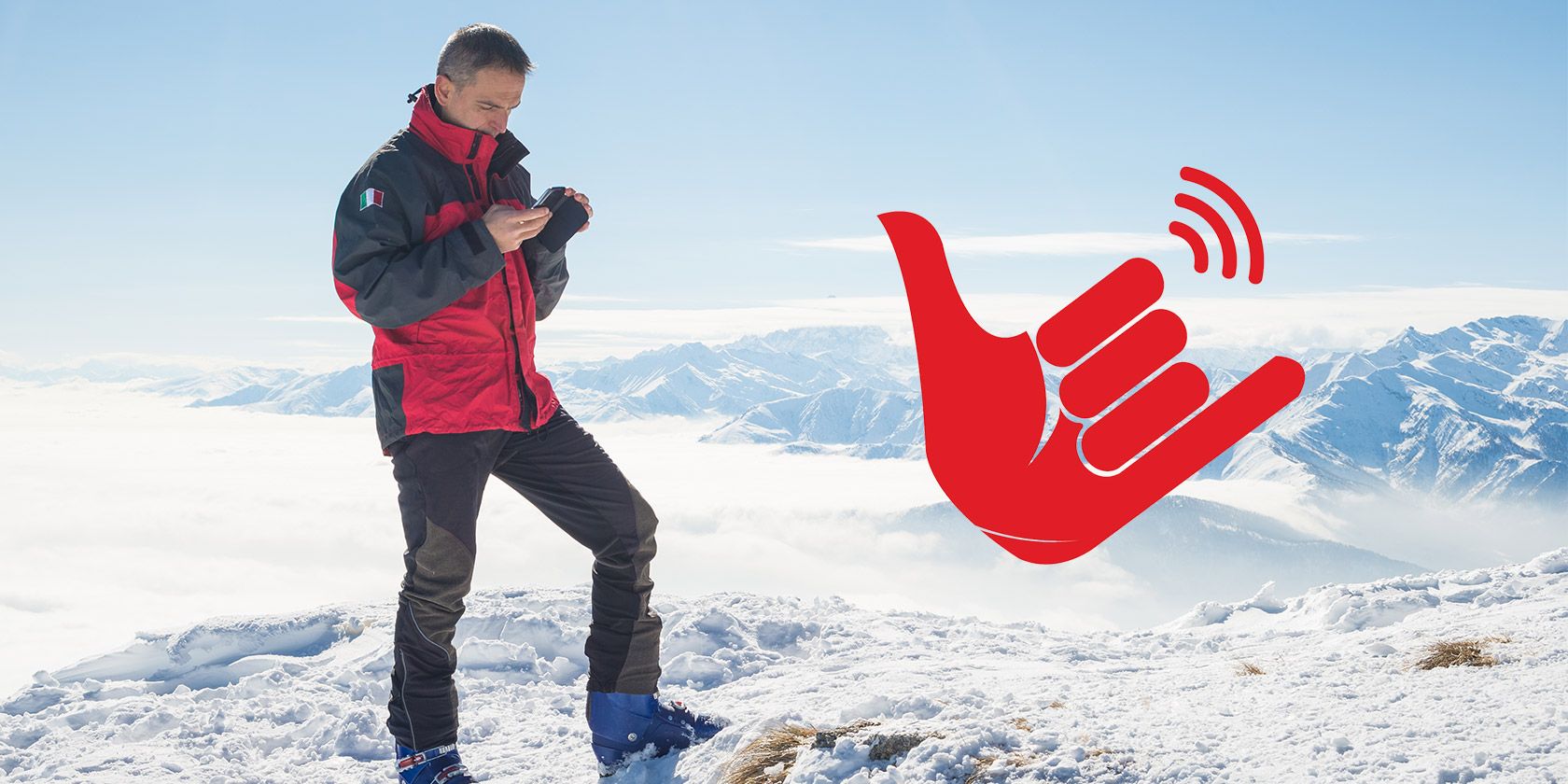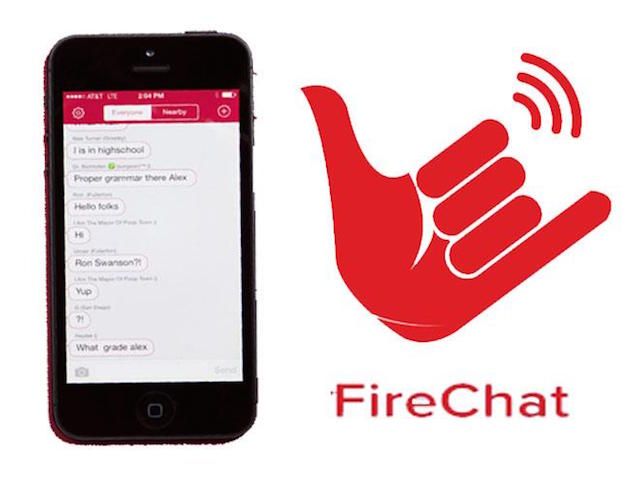Slow connection? Can't find Wi-Fi? No problem! The FireChat app allows users to stay connected off the grid.
FireChat isn't a completely new concept. Peer-to-peer technology has been used for years. Napster first used peer-to-peer technology to allow users to share music files. More recently, the Serval Project was developed to keep people connected during a disaster when data networks go down by using mesh networks, which may just be the future of communication.
So, Why is FireChat Important?
The FireChat app, made by startup company Open Garden in San Francisco, first gained popularity when over 500,000 people downloaded the app during the Hong Kong demonstrations last year. The demonstrators downloaded the app in fear of the government turning off cell or Wi-Fi access, as was the case during recent political unrest in Iraq.
When Facebook blocked a page promoting a protest in Russia, FireChat was again downloaded.
Even more, thousands of people downloaded FireChat during the SXSW event in Austin, Texas. The idea was to promote event details, DJ sightings and live discussions of what to do, where to go, etc.
FireChat even created "chat-tags" to create or join a live discussion based on topics. Users during SXSW used this feature to discuss with thousands of users to find the most popular show and location, for example. Micha Benoliel, co-founder and CEO of Open Garden has been quite fascinated with Firechat's usage.
"From Burning Man to the streets of Hong Kong…I've always been surprised by how people use FireChat." — Micha Benoliel
How It Works
Traditionally, users sent messages to each other through data or Wi-Fi networks. The messages are sent through a mobile network to a hotspot or cell phone tower. The data sent through to these data towers or Wi-Fi hotspots are then relayed through a centralized network and eventually the messages or data is received. During all of this data transfer period, your VPN is tracked. Though you can use a VPN service to protect your mobile data, information about your network can be tracked.
If you're not sure how it works, read this excellent article on how to add security to your connection with a VPN.
Unlike most chatting apps, the FireChat app doesn't rely solely on Wi-Fi or data – it doesn't even need a hotspot or centralized mobile network to relay data. Instead, the app relies on peer-to-peer connections through wireless mesh networking via Bluetooth or Wi-Fi, technology built in the phone. As long as the FireChat users are within 100 feet of each other, they can connect and share messages.
"It's the first app that comes with its own network." — Micha Benoliel
Additionally, the ability to receive and request data without a centralized mobile network allows users of the FireChat app to stay "off the grid" and remain anonymous. Even hotspots have proven to be prime opportunities for hackers to gain user information, which is why you should always follow these tips when using Wi-Fi hotspots.
What is "Off the Grid?"
Staying "off the grid" means exactly as it sounds — users can exchange in communication without a centralized mobile network that may or may not collect data on the user. Socially speaking, staying "off the grid" can allow chat users on a peer-to-peer network to remain anonymous. If you're not sure on how to create a secure hotspot (or don't have the ability to do so), FireChat might be your best option.
Users of FireChat realized this and took advantage of their anonymous blueprint. Instead of using Facebook, WhatsApp or other messaging apps, FireChat users used the app to stay connected and message each other. Though the developers said they don't want to put anyone at risk.
"People need to understand that this is not a tool to communicate anything that would put them in a harmful situation if it were to be discovered by somebody who's hostile; It was not meant for secure or private communications." — Firechat
Everyday Use
The application works by posting public messages for everyone to read. The messages that are posted are "live" for only three hours and then not searchable or archived. Also, there isn't a private chat option, which is surely a turn-off for those wanting more privacy. Even more, the technology has a lot more to be desired – users have complained about not being able to connect with people that are nearby.
However, the application is taking off on the Android and iPhone markets, as many people are interested in chatting "off the grid."
What do you think of this "off the grid" messaging technology? Will you download the Firechat app?
Image Credits: Alpinist with phone Via Shutterstock


